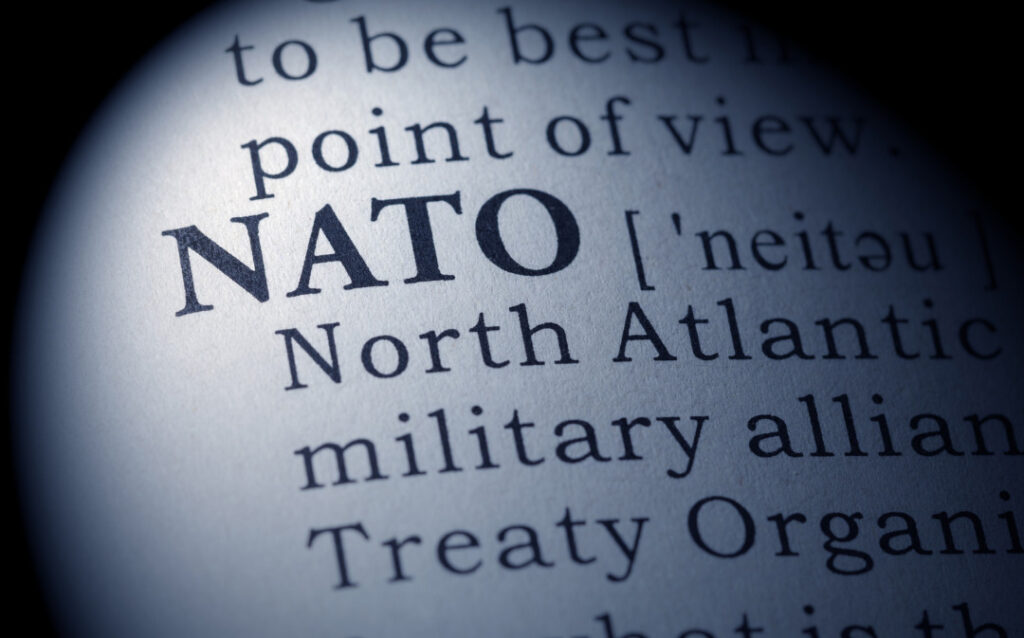In today’s evolving maritime landscape, NATO faces a critical need for a revamped Maritime Strategy to effectively align with the shifting dynamics outlined in the 2022 Strategic Concept. The current strategy, stagnant for over 12 years, no longer corresponds to the current geopolitical complexities and lacks references to key adversaries like China and Russia, highlighted as significant threats in recent strategic documentation.
The strategic sea environment has witnessed alarming shifts: from Russia’s resurgent submarine threats in the North Atlantic to the targeting of critical Baltic Sea infrastructure by China or Russia and the persistent menace to maritime commerce in the Black Sea due to the conflict in Ukraine. Concurrently, the Eastern Mediterranean’s naval concentration due to the Israel conflict, Russia’s Arctic militarization, and China’s assertiveness in the South China Sea all pose substantial risks, potentially escalating into conflicts with regional neighbors.
The urgent task facing NATO involves designing a comprehensive strategy that examines current regional scenarios relevant to allied security, outlines threats, challenges, and strategic objectives, and restructures the configuration of NATO Standing Maritime Groups (SNMGs). Emphasizing the need for a tailored response to modern threats, the strategy must transcend traditional fleet models to counter contemporary missile and drone threats effectively.
Crucially, the strategy should address the maritime threats posed by China and Russia, safeguard undersea critical infrastructure, and revitalize the shipbuilding industry within NATO member countries. It should outline pathways to mitigate escalations with these revisionist powers, assess potential naval outpost acquisitions, protect underwater infrastructure, and bolster naval modernization efforts.
Furthermore, lessons from UK and France in protecting critical infrastructure and the incorporation of modern surveillance technologies, such as the Royal Navy’s Multi-Role Ocean Surveillance Ships (MROSS), should guide these endeavors. Addressing significant shortfalls in the shipbuilding industry, which have resulted from reduced military spending and shrinking fleets, will be crucial to rejuvenating naval capabilities.
In summary, the call for a new maritime strategy is an urgent and critical requirement for NATO. Failure to adapt swiftly could substantially compromise allied security interests in the years to come.
Source : DryadGlobal


